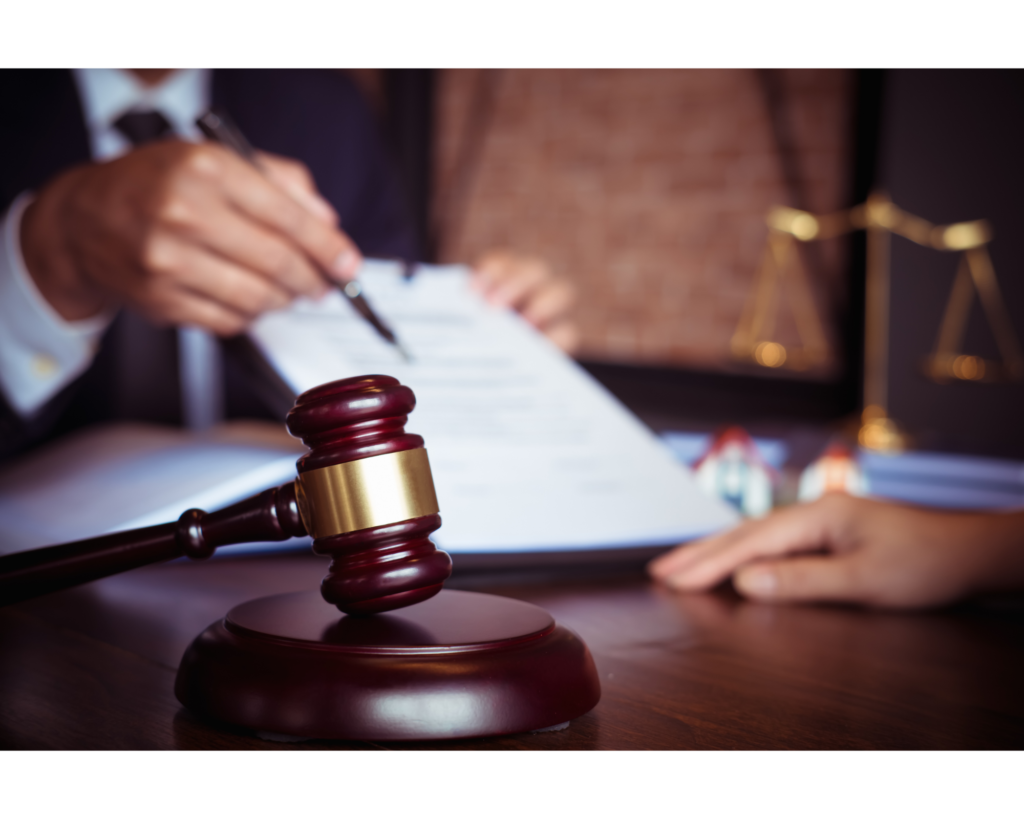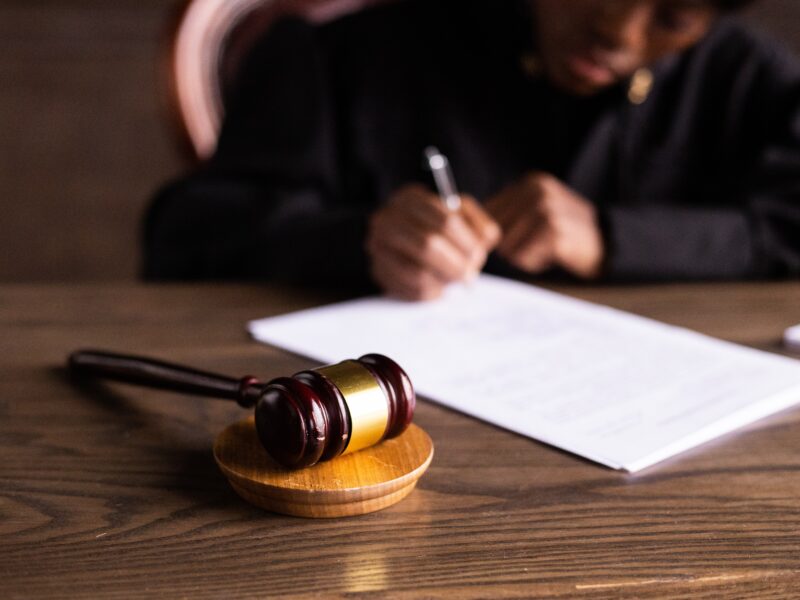Introduction
Human rights jurisprudence plays a vital role in safeguarding the fundamental rights of individuals. In India, Article 21 of the Constitution guarantees the right to life and personal liberty, forming the bedrock for the evolution of human rights jurisprudence through judicial interpretation. This article explores the significance of Article 21 and the progressive interpretation by Indian courts to protect and uphold human rights.

Understanding Human Rights Jurisprudence
Human rights jurisprudence refers to the principles and legal framework that protect the inherent rights and dignity of individuals. It encompasses various fundamental rights, such as the right to life, liberty, equality, and dignity. Through judicial interpretation, courts interpret and apply these rights in specific cases, shaping the landscape of human rights in a country.
Overview of Article 21 of the Indian Constitution
Article 21 of the Indian Constitution states, “No person shall be deprived of his life or personal liberty except according to the procedure established by law.” This article serves as the cornerstone for the protection of individual rights and has been subject to extensive judicial interpretation.
Evolution of Human Rights Jurisprudence in India
4.1 Early Interpretations of Article 21
The early interpretations of Article 21 primarily focused on protection from arbitrary state action. The courts recognized the importance of due process and fair procedure while depriving an individual of life or personal liberty.
4.2 Expanding the Scope of Article 21
Over time, the scope of Article 21 expanded to include a broader range of rights. The courts acknowledged that the right to life is not merely survival but encompasses the right to live with dignity, privacy, and autonomy.
4.3 Landmark Cases and Judicial Activism
Several landmark cases have contributed to the development of human rights jurisprudence in India. The Supreme Court, through judicial activism, played a crucial role in expanding the interpretation of Article 21 to protect various fundamental rights.
Right to Life and Personal Liberty
5.1 Protection from Arbitrary State Action
Article 21 acts as a shield against arbitrary state action, ensuring that individuals are not deprived of life or personal liberty without following due process of law.
5.2 Privacy and Dignity
The right to privacy and dignity are essential components of the right to life and personal liberty. The courts have recognized the right to privacy as a fundamental right, protecting individuals from unwarranted intrusion.
5.3 Right to Livelihood
The courts have recognized the right to livelihood as an integral part of the right to life. They have emphasized the importance of economic empowerment and the right to earn a livelihood.
Social Justice and Equality
6.1 Right to Education
The right to education has been recognized as a fundamental right under Article 21 and Article 21A of the Constitution. It ensures equal opportunities and access to education for all.
6.2 Right to Health
The right to health is an essential aspect of the right to life. The courts have held that the government has a duty to provide healthcare facilities and ensure the right to health for all citizens.
6.3 Protection of Vulnerable Sections
Article 21 has been interpreted to protect the rights of vulnerable sections of society, including children, women, and marginalized communities. The courts have provided safeguards against discrimination and exploitation.
Right to Fair Trial and Due Process
7.1 Judicial Activism in Criminal Justice
The judiciary, through its activism, has played a crucial role in ensuring fair trial and due process rights for individuals accused of crimes. This includes safeguards against custodial violence, torture, and prolonged detention.
7.2 Safeguards against Torture and Custodial Violence
The courts have taken a strong stand against torture and custodial violence, emphasizing the need to protect the physical and mental well-being of individuals in police custody.
Freedom of Speech and Expression
8.1 Balancing Restrictions and Fundamental Rights
The right to freedom of speech and expression is protected under Article 19 of the Indian Constitution. The courts have strived to strike a balance between reasonable restrictions and the protection of fundamental rights.
8.2 Media Freedom and Journalistic Rights
The judiciary recognizes the crucial role of the media in a democratic society. It has upheld the freedom of the press and the rights of journalists to report without fear of reprisal.
Gender Equality and Women’s Rights
9.1 Protection against Domestic Violence and Discrimination
The courts have taken significant strides in protecting women’s rights and ensuring gender equality. They have recognized the right to be free from domestic violence and discrimination.
9.2 Empowerment and Gender Justice
The judiciary has played a pivotal role in empowering women and promoting gender justice. It has recognized the importance of gender-sensitive laws and policies to address gender-based inequalities.
Environmental Protection and Right to Health
10.1 Expanding the Horizons of Article 21
In recent years, the courts have expanded the interpretation of Article 21 to include the right to a clean and healthy environment. This includes protection against pollution, deforestation, and ecological imbalance.
10.2 Sustainable Development and Ecological Balance
The judiciary has emphasized the need for sustainable development and the conservation of natural resources. It has upheld the rights of future generations to live in a healthy and ecologically balanced environment.
Challenges and Criticisms
11.1 Delayed Justice and Backlog of Cases
One of the major challenges in the implementation of human rights jurisprudence is the delayed justice and the backlog of cases. The courts are burdened with a vast number of pending cases, leading to delays in providing justice.
11.2 Inadequate Implementation and Enforcement
Despite progressive judicial interpretations, the implementation and enforcement of human rights remain a challenge. There is a need for effective mechanisms to ensure that the rights guaranteed under Article 21 are protected in practice.
11.3 Balancing Individual Rights with State Interests
A recurring criticism of human rights jurisprudence is the perceived imbalance between individual rights and the interests of the state. The courts often face the challenge of striking a balance between protecting individual rights and considering the legitimate concerns of the state.
Conclusion
Human rights jurisprudence through judicial interpretation under Article 21 of the Indian Constitution has played a pivotal role in protecting and promoting fundamental rights. The progressive interpretations by the judiciary have expanded the scope of Article 21 and ensured the protection of rights such as the right to life, liberty, privacy, and dignity. However, challenges remain in the effective implementation and enforcement of these rights. It is crucial to continue evolving the human rights framework to address emerging issues and ensure the full realization of human rights for all.
